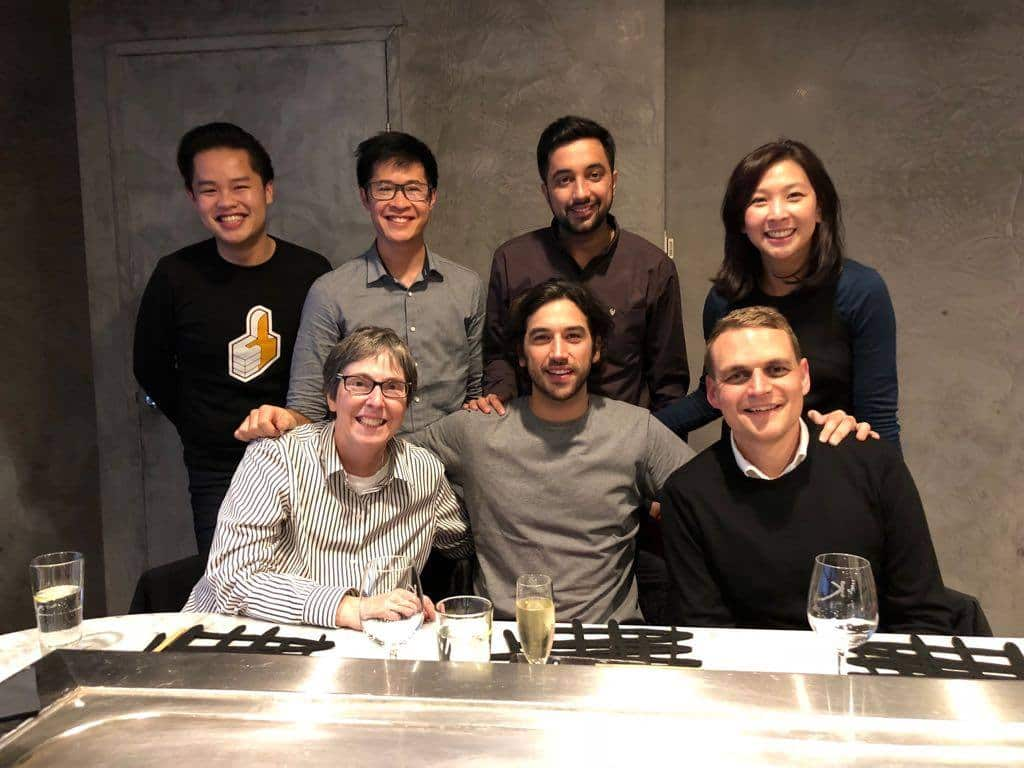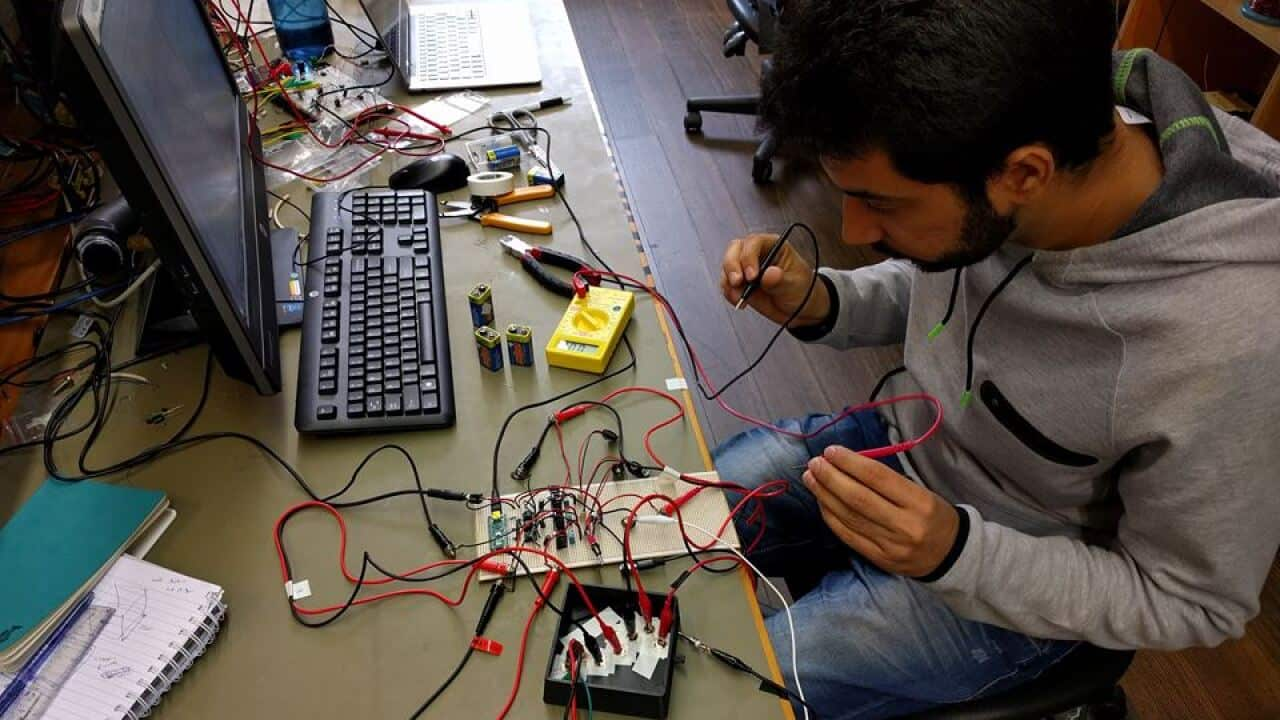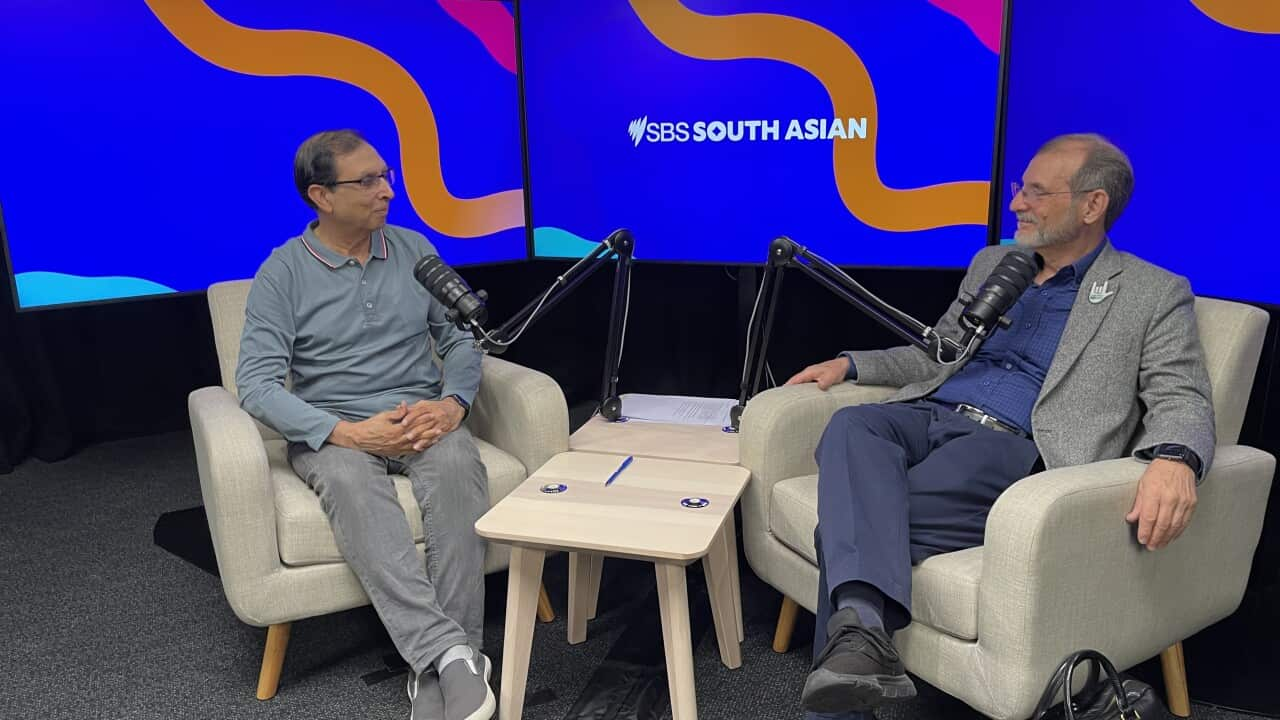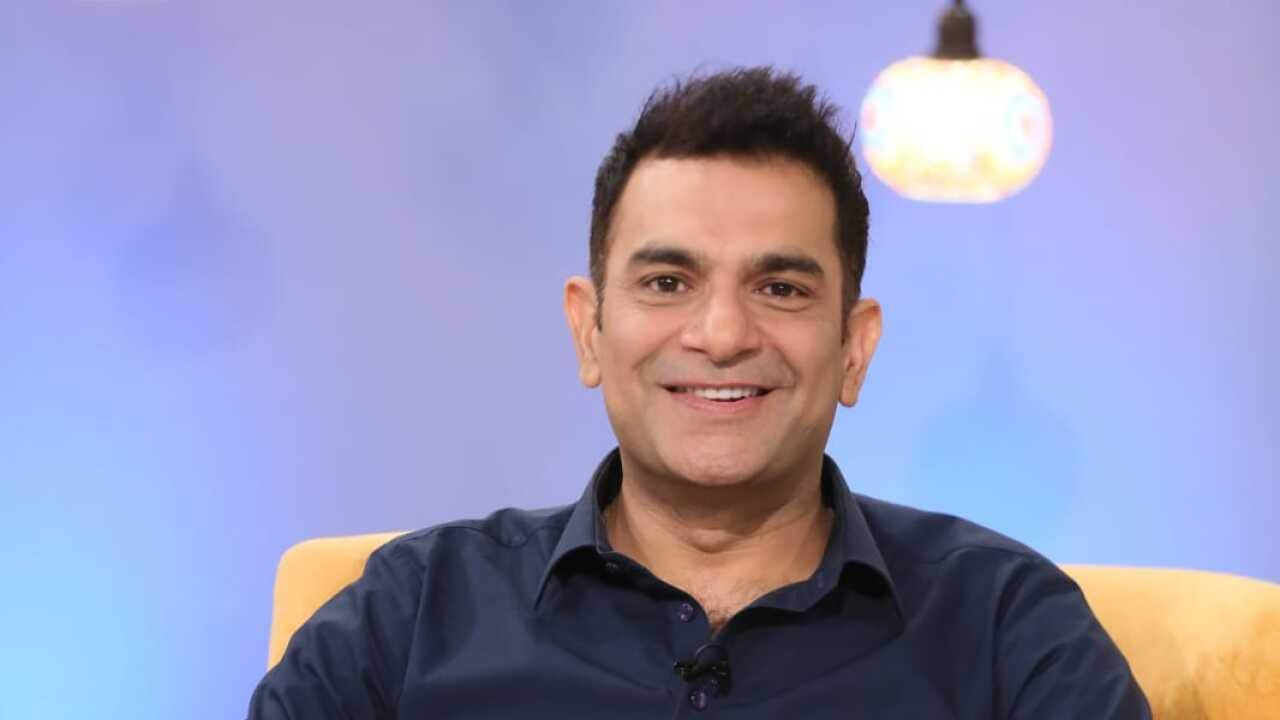Expecting parents can’t be happier to meet their little one a bit earlier before time, but sometimes this time comes with emotionally, psychologically and physically traumatising experiences for both the pre-term infant and the parents.
According to a government report, eight per cent of babies born in Australia every year are pre-term.
Mubin Yousuf, a Melbourne-based biomedical engineer, is on a mission to develop a monitoring device that will help doctors navigate catheters (thin flexible tubes) inserted into the bodies of these premature infants, who are in need of urgent medical treatment or need intravenous intervention for feeding and other purposes.
"Most babies have to be treated within the first hour of birth, but inserting and positioning catheters in their very tiny bodies is a big challenge for doctors."
How does this device work?
Mubin tells me that his device assists placement of umbilical venous catheters in newborn babies. The catheters can normally be inserted into the baby’s body through various vascular paths, one of which is the umbilical vein – inside the umbilical cord of the baby. He says that from the umbilical vein, the catheter is to be positioned just under the baby’s heart, providing an easy access for medicines, which are then pumped to the rest of the body through the catheter.
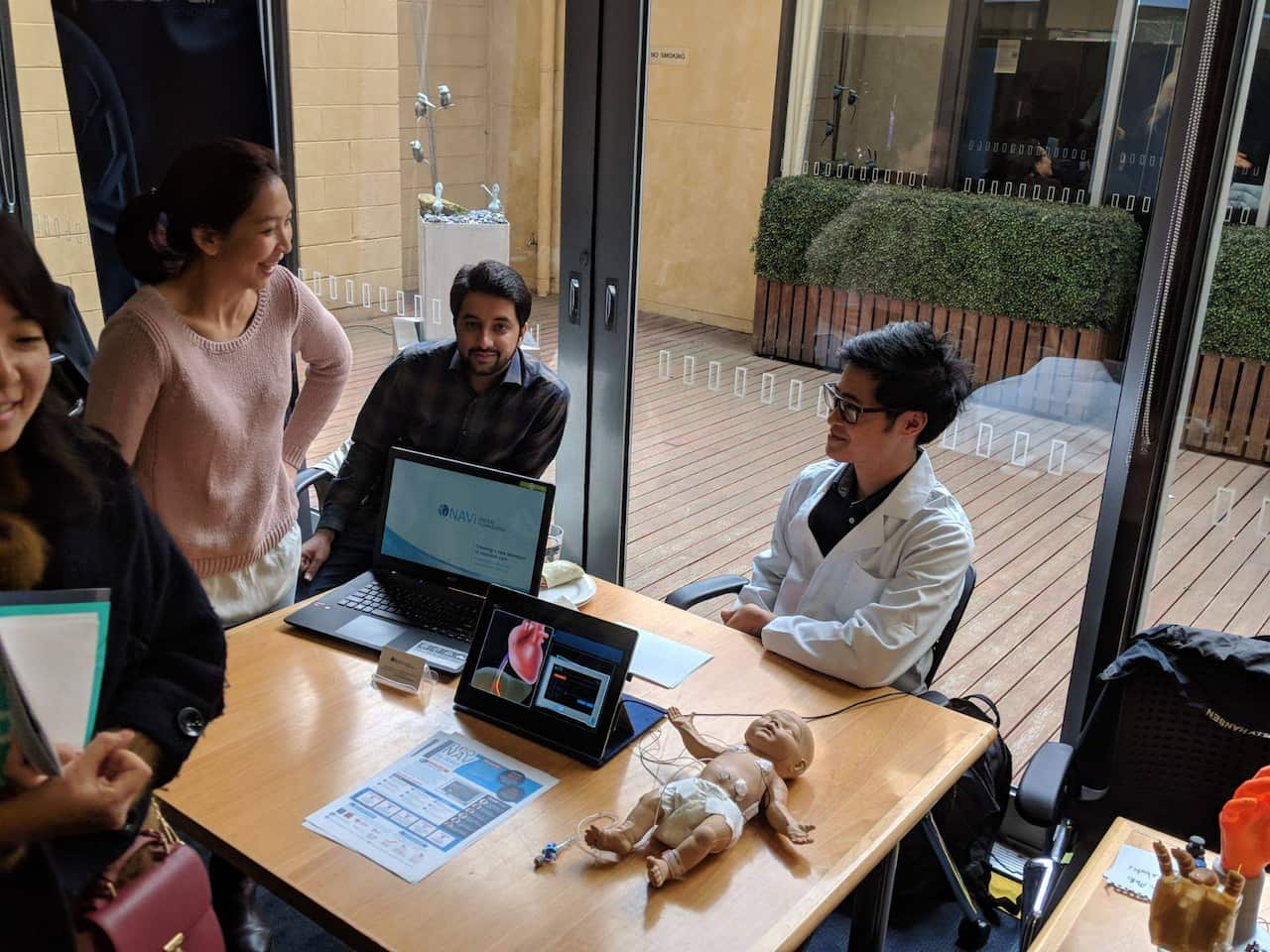
He says most babies have to be treated within the first hour of birth, but inserting and positioning catheters in their very tiny bodies is a big challenge for doctors. He says the procedure is done blind and doctors currently rely on their experience and gut-feeling to reach the targeted area. Once placed, an X-ray is done to check its position. If it is not in the right spot, he adds, the catheter has to re-inserted. It may take a few attempts for the doctor to correctly position the catheter. Mubin says that more than 40 per cent of the time the catheter ends up in the wrong location which leads to significant delays in treatments, repeated x-ray exposure, increased risk of internal damage and in severe cases, the death of the patient.
The device that Mubin and his team are working on, works like a car’s parking sensor. It uses the patient’s own electrical signals to detect the catheter’s tip in real-time.
“If the condition of the baby is critical, doctors do not have a lot of time to keep doing this. The bodies are small and the organs are not even developed properly at this stage. This is a lot of pressure on the doctors and also on the parents,” he says.
The device that Mubin and his team are working on, works like a car’s parking sensor. It uses the patient’s own electrical signals to detect the catheter’s tip in real-time. This allows the clinician to successfully place the catheter in the first attempt which leads to reduced risk of complications to the patient and increased clinical efficiency.
Clinical trials
Mubin tells me that a clinically viable prototype is likely to be finished by the end of this year and will be put through clinical trials next year to gain marketing approval from the Therapeutic Goods Administration – the Australian body for regulation of therapeutic goods.
“It is only during that time that we will have exact data on how successful this device is in reducing treatment time, pressure on doctors and other medical teams and most importantly infant mortality among premature babies.”
He says his start-up company, Navi Medical Technologies, started with five other co-founders, has raised around half a million dollars so far.
